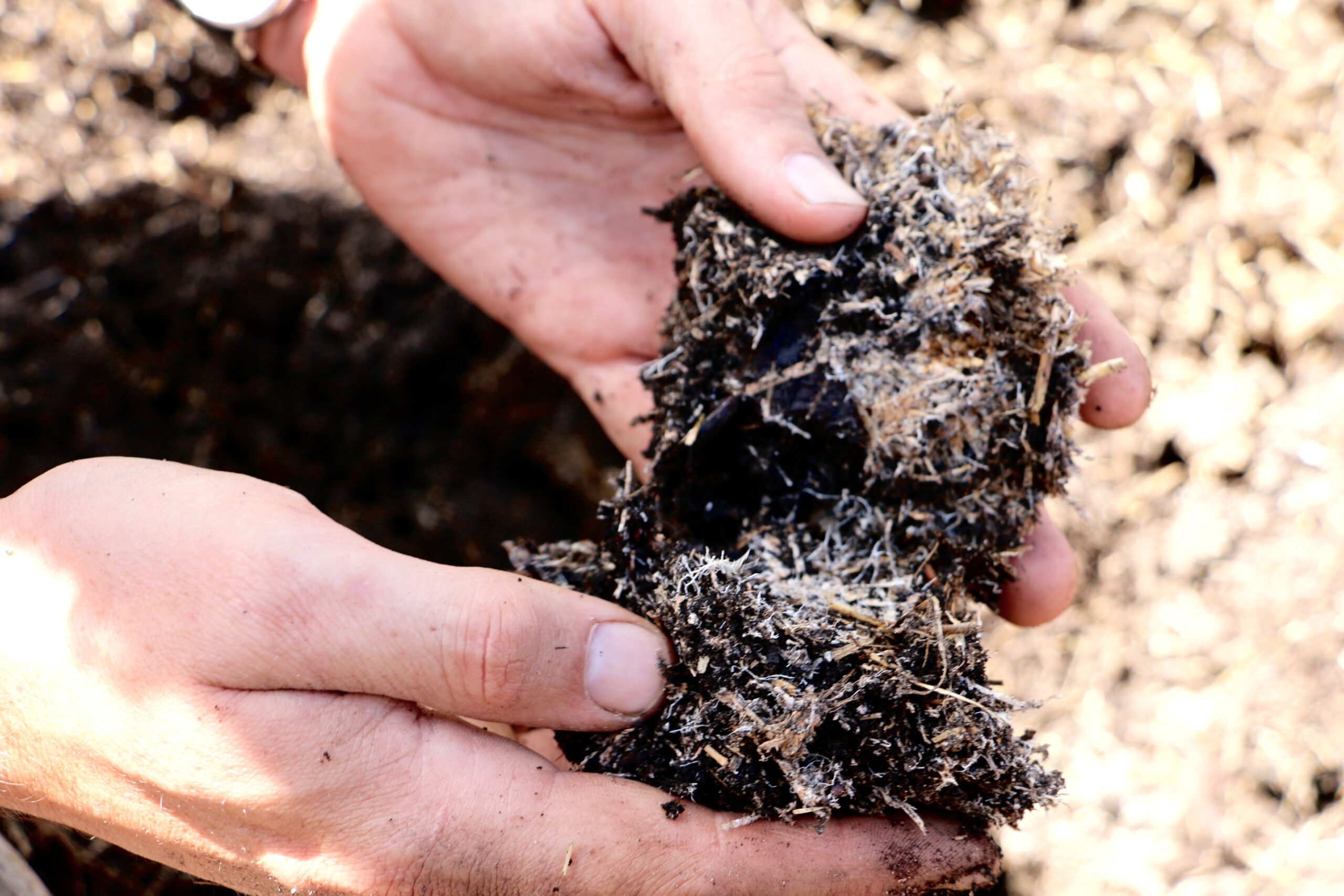Curbside composting in New York City has resumed this month, but Mott Haven and Hunts Point need more volunteers to meet the city’s criteria for participation.
The curbside composting program was put to a stop in May 2020, when the COVID-19 pandemic hit and caused the city to cut some of its annual budget. It began service in Brooklyn Community Board 6, which includes the Cobble Hill neighborhood, earlier this month, but the program is following a different model.
Instead of compost pickups being available to all residents in selected neighborhoods, this time around, residents must complete a sign-up process that records personal information such as addresses and building details. Once a community board has enough sign-ups, residents can have their compost picked up by the city.
According to Department of Sanitation spokesperson Joshua Goodman, Bronx Community Board 1 had 129 households signed up for curbside composting as of Aug. 31. In Bronx Community Board 2, 50 households signed up. There isn’t an exact number of sign-ups the department is looking for, Goodman said, but there should be enough to build routes that will limit carbon emissions from sanitation trucks.
As of October 1, only Brooklyn Community Board 6 has met the curbside composting sign-up threshold.
Curbside composting is part of the city’s Organics Recycling program. Two years ago, the sanitation department reported collecting an average of 154 tons of organic materials per day. That included food scraps from homes, schools and other buildings in select neighborhoods, plus Christmas trees, food scraps from select Green Markets, and leaves and yard waste from all boroughs outside Manhattan.
Residents in most neighborhoods around the city still have the option of dropping off their compost at selected sites. In Mott Haven, the drop-off location is at Brook Park, managed by Danny Chervoni. There, the city picks up raw compost that will later be processed.
Chervoni is still receiving compost material from the city and has over a dozen bags hidden under a wooden structure, tied down with a tarp to protect the material from severe weather. He uses the processed substance in his vegetable beds.
“Everything that goes in there was actually grown and you’re putting it back into the soil now. So it helps whatever you’re growing,” Chervoni said.
Compost, made up of food scraps and paper products, is an amendment, or conditioner, to soil. The material acts as food to plants that have taken root in the soil. NYC Compost Outreach Coordinator Pamela Alvarez said the substance acts differently than a normal fertilizer because it contains both food and soil.
“There’s no better way to get those nutrients than from the plants themselves or from food scraps,” Alvarez said.
The compost picked up by the sanitation department is taken to Freshkills Park in Staten Island, where it is processed for eight months to a year. The food scraps are mixed with woodchips and leaves to ensure the material retains moisture. Once bagged, the compost is distributed by sanitation workers at local pick-up stations or used in city parks.
Diverting food scraps to compost also prevents the waste from ending up in landfills, where the product would rot and release methane, a greenhouse gas.
In the garden, Chervoni said he makes his own compost material to supplement the bags from the city. “We still put our compost and then flip it over, flip it over, add woodchips to it, add leaves to it, for the last process where it could be sifted with chicken wire sifters that I made.”
The new sign-up model for curbside composting adds another barrier to composting participation. Andrew Hoyles, senior manager at the Department of Sanitation, said the program hopes to include more neighborhoods.
“One of the biggest complaints about the program, historically, was that it’s a voluntary program, so there’s spotty participation at times in certain districts,” Hoyles said.
But the department has a plan to garner a larger interest in composting, he said. The department has sent out mailers to buildings in eligible community boards, and is using social media posts to spread information about composting.
Hoyles said a team of outreach workers has been hosting events around the city to directly answer questions from residents. “We’re just trying to connect with folks to let them know that they have this service.”
Residents who want to participate in curbside composting can sign up at www.dsny.force.com/curbsidecomposting/s.

